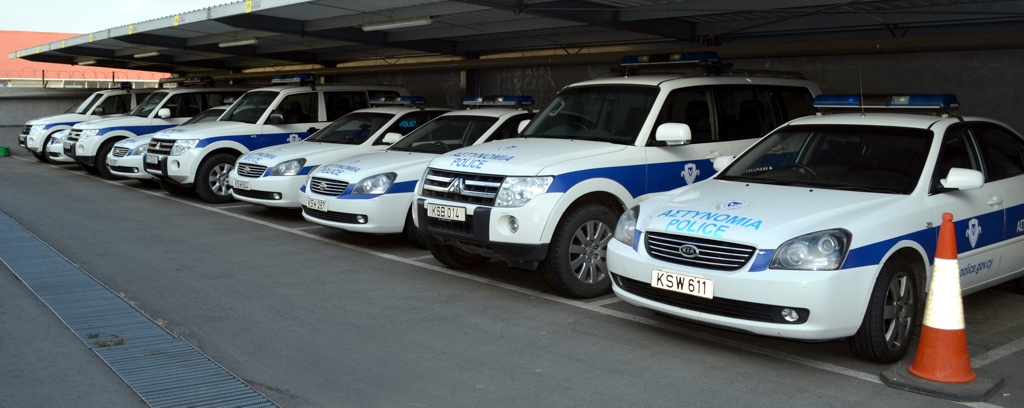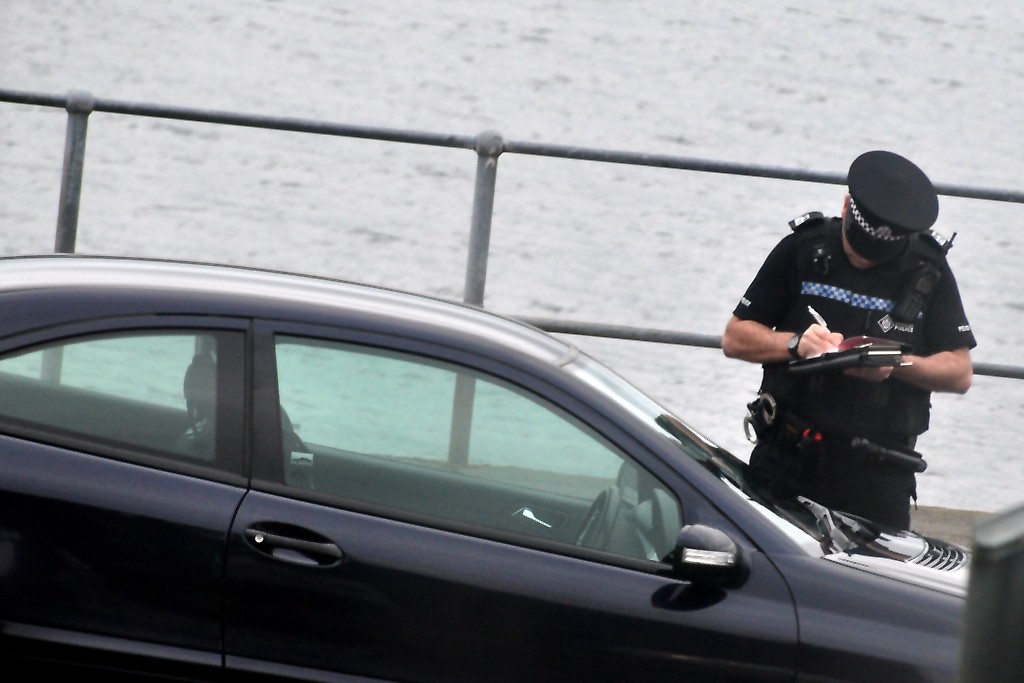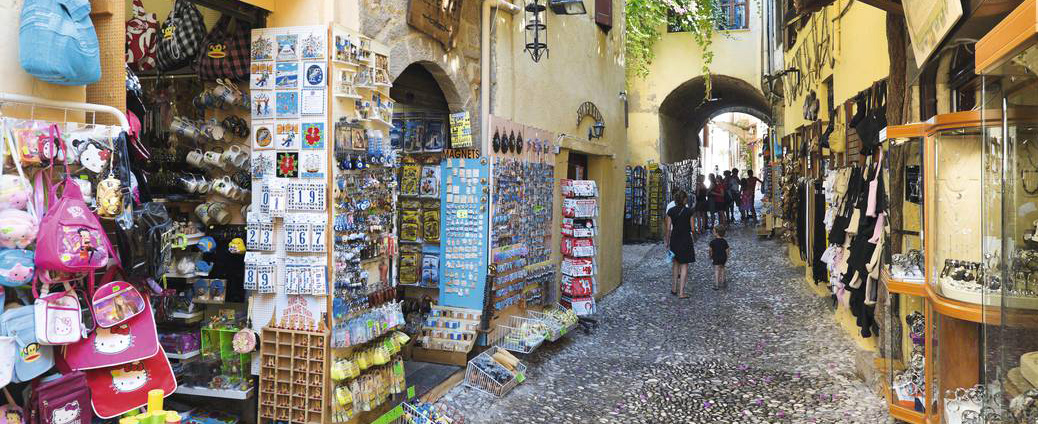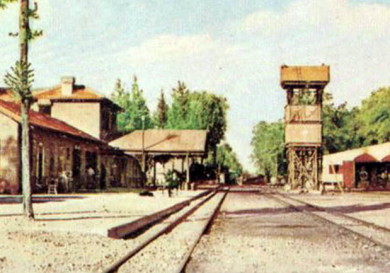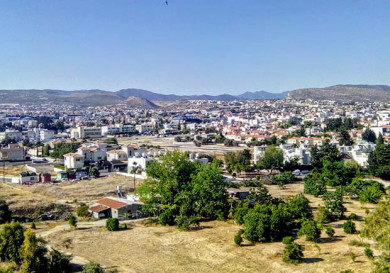If you plan to rent a car in Cyprus or have just arrived on the island, it is not out of place to learn about some of the features of penalties’ applications in Cyprus. Violations for which the Cypriot police pay special attention to are somewhat different from those in Russia. Therefore, we’ll talk about the most common offenses for which you could be fined in Cyprus.
Parking in Cyprus
In spite of the fact, that there is an impression that there are many parking places and Cypriots park spontaneously and haphazardly, you can get a parking fine. If you are parked in a prohibited place (particular attention should be paid to the fact that your car does not overlap the pedestrians’ way), the penalty will be 85 euros. In the case of non-payment of a fine, it will be submitted to court, and the amount of the fine will increase significantly.
If you are parked on a paid parking space(it costs about 50 cents per half hour, depending on the parking space) and overdue the paid period, the penalty will amount to 8.75 euros.
Talking on the phone while driving and seat belt rules
In contrast to the Russian police, the Cypriot policemen do not close their eyes to these types of violations. Talking on the phone while driving and not be fastened is prohibited in Cyprus.
The penalty for not wearing your seat belt is 85 euros, and the same penalty awaits you for talking on the phone while driving. Have in mind that, spontaneously, the police on motorcycles, tend to appear out of nowhere, and you may not have time to notice them.
Fines for speeding in Cyprus
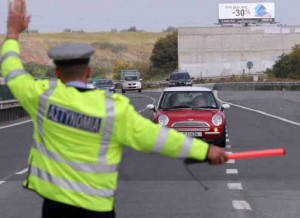 A lot of attention is paid by the police to the speed limit in cities and on the road in Cyprus. Speed restrictions in Cyprus are up to 50 km/h- in towns, 80 km/h- outside built-up areas and 100 km/h- on the road.
A lot of attention is paid by the police to the speed limit in cities and on the road in Cyprus. Speed restrictions in Cyprus are up to 50 km/h- in towns, 80 km/h- outside built-up areas and 100 km/h- on the road.
Speed cameras on Cyprus’ roads are not established yet. Speed control is carried out only by police officers standing on the track, using a speed radar. The same situation occurs in the cities; the automatic speed control is installed only on certain streets in Nicosia. In other cities, the police records speeding with a radar.
Fines for speeding in Cyprus depend on the excess. That is, if you exceed the speed of 30% of the limit, the fee is set at the rate of 1 euro for every kilometer exceeded. If the excess is 30-50% of the limit, the fine is set at the rate of 2 euros for every kilometer exceeded. For example, you are driving through the city at a speed of 65 km/h- in this case the size of the penalty will be 15 euros. But if the speed of your vehicle amounts to 70 km/h, the penalty is increased to 40 euros. If you exceed the speed of 50-75%, the penalty is 3 euros for every kilometer exceeded. In case of excessing the speed limit more than 75%, the amount of the fine will be determined in court.
Drinking and driving in Cyprus
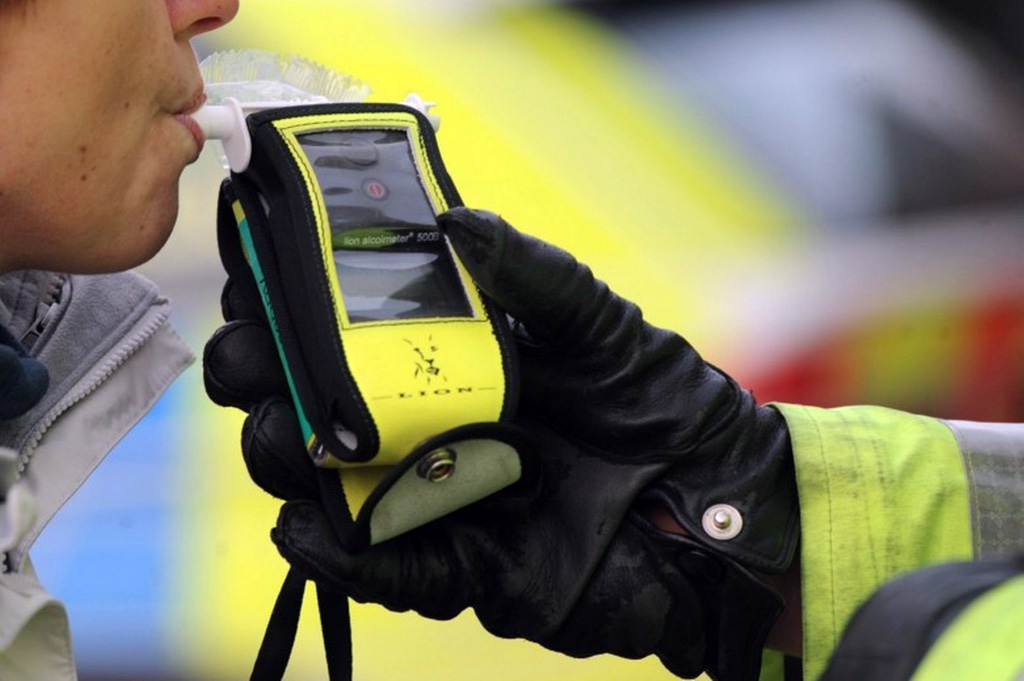 Unlike the Russian law, the Cypriot law allows driving a car after drinking alcohol. The allowed rate of alcohol in the driver’s blood is 0.22 ppm. This level corresponds to approximately 75-100 g of zivania (local vodka), or a pair of glasses of dry wine.
Unlike the Russian law, the Cypriot law allows driving a car after drinking alcohol. The allowed rate of alcohol in the driver’s blood is 0.22 ppm. This level corresponds to approximately 75-100 g of zivania (local vodka), or a pair of glasses of dry wine.
If your blood’s alcohol level is 0.5 to 1.19 ppm, the penalty will be only € 200, while the driver and the car will be detained for as long as there is not anyone in a sober state to take over. When the alcohol content is from 1.2 to 1.6 ppm, the penalty for violation will be 300 euros. And when the threshold exceeds 1.6 ppm, the punishment will be determined in court.
Please note that failure to test your blood alcohol content (unwillingness “to breathe into a tube,” to avoid punishment) is a serious violation. In the case of this, despite the alcohol content in the blood, the case will be submitted to court, and the amount of the fine will be determined there.
In addition, if you are taken to the police station in the state of extreme intoxication, and no one can take you away from there, you can and will spend the night at the station. An additional charge for the space of your car in the police parking lot will be charged.
During the day, the police almost never conduct checks on the level of alcohol in your blood. Typically, these tests start from 10-11 in the evening when people begin to return from restaurants, or late at night when night bars and clubs close and drunken people return to their homes.
Payment of a fine
It should be noted that the proposal to pay the fine “on the spot” to the police in Cyprus shouldn’t be made, because it will be considered trying to bribe them. Therefore, if you find a planted receipt or a parking ticket on your car’s widshield, you will need to contact the police department or the municipality, to pay the fine. Also, the fines can be paid online and at the Department of Road Transport.
“Security” violations
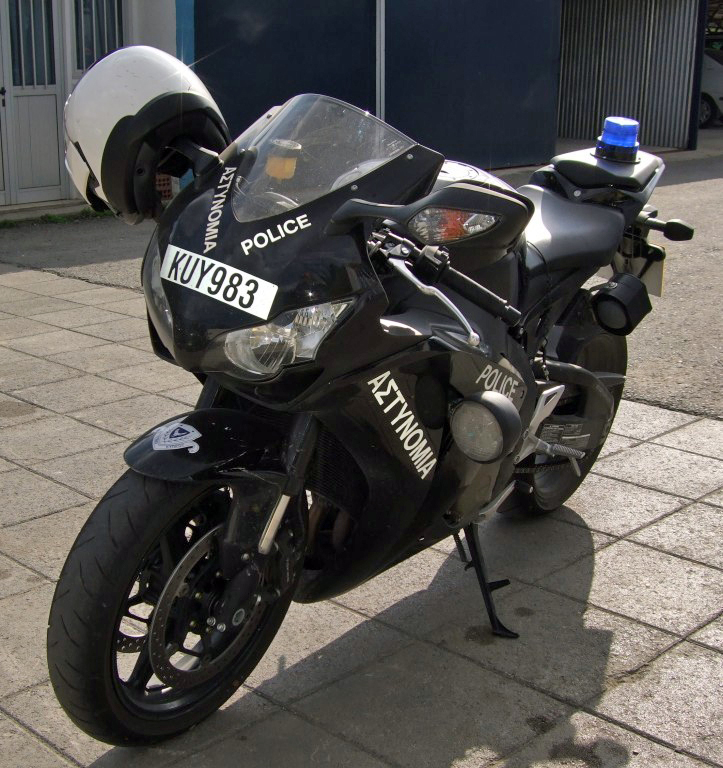 It’s necessary also to say a few words about what violations in Cyprus are relatively “safe”. As a rule, the police do not pay attention to one of the punishable violations in Russia – moving into the oncoming lane. Perhaps this is due to the fact that the island has a lot of tourists who are not accustomed to right-hand traffic. On the other hand, the locals drive rather chaotically on the roads, and no one is surprised when the car which is parked on your lane, tries to maneuver and move to the other side of the road, moving towards you.
It’s necessary also to say a few words about what violations in Cyprus are relatively “safe”. As a rule, the police do not pay attention to one of the punishable violations in Russia – moving into the oncoming lane. Perhaps this is due to the fact that the island has a lot of tourists who are not accustomed to right-hand traffic. On the other hand, the locals drive rather chaotically on the roads, and no one is surprised when the car which is parked on your lane, tries to maneuver and move to the other side of the road, moving towards you.
Also,not so much attention is given by the police if driving without documents (law and insurance documents for the car). The island has a very low percentage of car thefts and an organized system of informing the police about the car registration. Accordingly, the police do not have to ask you to show documents to obtain data on the availability of insurance, inspection and your ownership title. If you have the title in Russian, it is best to take it with you, but then again, being a few years in Cyprus, none of the law enforcement officers has ever asked any of our friends to see their car ownership title, even if imposing a fine.
So, if you are planning to move around Cyprus by car, pay attention to certain features of driving and violations that are best to avoid. In fact, the police in Cyprus are trying, not stop locals or tourists if it is not necessary, and a fine for any violation becomes a warning many times, in order to prevent accidents.




